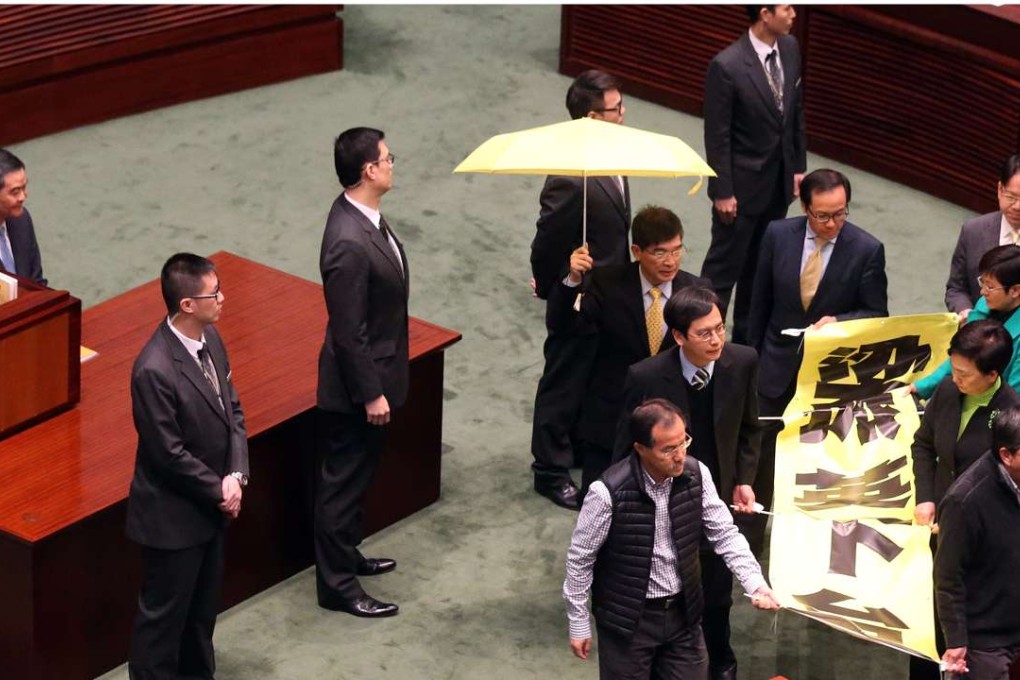Hong Kong’s political parties must rise above the status of pressure groups
Gary Wong says the city’s governance has been left in the hands of civil servants for far too long, and it’s time for moderate democrats to step up their game to influence policymaking

In order to break through the long-standing impasse between Hong Kong’s executive and legislative arms, nearly two decades since the handover, simply asking for democratisation is not going to cut it – we must take the initiative to develop party politics in the city. Whether in the form of a majority party or a coalition formed by multiple parties, a well-established system can manage power relations, lessen conflicts and, where necessary, encourage cooperation between the executive and legislature. Not only will this prevent the occurrence of a “solitary” chief executive, the government as a whole will also become more accountable to the people, promoting good governance and peaceful, rational politics in the long run.
We need to start laying the foundations for party politics
Why do our political parties, old or new, rarely position themselves as a heavyweight in governance? Of the few that once sought to lead, most, if not all, are now reduced to being pressure groups. While the Basic Law forbids the chief executive from being politically affiliated, and the central government does not encourage two-party competition, these are not reasons for parties to avoid leading the debate on policymaking. If all parties lack political ambition and ability, governance in Hong Kong is doomed. Politicians will continue to be all talk, and policymaking will be left to technocrats who struggle to form an overarching vision. Public confidence will slump because there will be no one with sound political aspirations to vote for and count on.
If Hong Kong is to find its way towards better governance, we need to start laying the foundations for party politics. In a democratic chief executive election, candidates without party backing will struggle to find solid support.

Popularity and a plan – that’s what it’ll take to win DAB’s support in Hong Kong chief executive poll next year
As it works towards this goal, other political groups should not be content with their pressure-group status or remain content with their political antics and myopic interests. With the rise of localists on the fringe, and weak but growing calls for Hong Kong independence, our political landscape is changing. Moderate democrats – especially the new generation of politicians – have to carefully consider their position: should those in the centre lean towards the extremes? Or should they try to fortify and expand the middle ground that they hope to occupy?

Democratic Party backs budget plan in rare show of support for Hong Kong’s finance chief
In fact, if the pro-establishment camp remains in its current position within the political spectrum while localists march towards the extremes, the middle ground in between will certainly open up. Can moderate democrats groom their middle-ground forces? Veteran democrats will soon retire and the younger ones are about to take over. Will they join hands with the localists or the radicals and play the role of the opposition? Or can they cast aside past differences, unite in the middle, and vie for democratic governance against the DAB?
